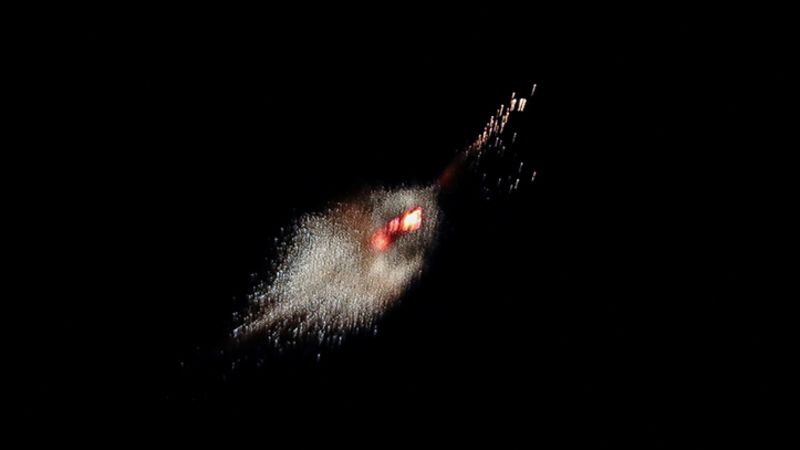President Donald Trump has declared a ceasefire between Israel and Iran, expressing his hope that this agreement will lead to a lasting peace. This announcement follows a series of significant events in the ongoing conflict between the two nations.
Qatar's Defense Ministry reported that its air defenses successfully intercepted a missile attack from Iran targeting the US Al Udeid Air Base in Qatar. This interception prevented any casualties or damages. The US had been prepared for retaliatory strikes from Iran after American forces targeted Iranian nuclear sites.
Following the US strikes on Iran's nuclear facilities, speculation arose about the extent of the damage inflicted. CNN reported that questions were raised about whether the destruction of Iran's enriched nuclear material was as extensive as initially believed. Speculation regarding Iran's retained nuclear capabilities post-strike emerged, with differing views on the effectiveness of the US military action.
US Vice President JD Vance's statements indicated confidence in the success of the strikes, emphasizing the goal of eliminating Iran's nuclear capabilities. However, questions lingered about the destruction of Iran's key nuclear sites and the effectiveness of the US military campaign in achieving its objectives.
President Trump's assertion that key nuclear facilities in Iran were "completely obliterated" contrasted with reports that powerful bombs were held back during the operation, raising doubts about the mission's completeness. Israel's military issued evacuation warnings in Tehran, underscoring the volatile situation in the region.
The conflict escalated further when Iran targeted the Al Udeid Air Base in Qatar. This strike was viewed as a high-stakes move by Iran, given the sensitive relationship between the country and the United States. The development of airstrikes and intercepted missile attacks heightened tensions in the region.
In response to the escalating situation, President Trump announced a ceasefire between Israel and Iran through a social media post. The ceasefire plan involved phased implementation over 24 hours, signaling a potential shift towards de-escalation and peace negotiations.
Iran's subsequent warnings and military posturing indicated a continued readiness to engage in the conflict. The Iranian official stance rejected ceasefire proposals, signaling a commitment to pursuing its interests until lasting peace is achieved. The situation remained fluid, with ongoing military operations and evolving diplomatic efforts shaping the dynamics of the conflict.
The international community reacted to the escalating crisis, with countries like Kuwait, Bahrain, and the United Arab Emirates reopening their airspaces after temporary closures due to the conflict. Calls for dialogue and de-escalation emerged from nations like Iraq, emphasizing the need for diplomatic solutions to prevent further escalation.
Amid the developments, concerns about potential retaliatory actions and regional stability persisted. The impact of the conflict on the global geopolitical landscape underscored the complex challenges posed by the Israel-Iran tensions. As the situation continued to evolve, efforts towards conflict resolution and peace negotiations took center stage in international discussions.
The ceasefire announcement and subsequent developments highlighted the precarious nature of the Israel-Iran conflict and the ongoing efforts to navigate towards a peaceful resolution. The complex dynamics at play underscored the need for diplomatic engagements and de-escalation measures to ensure stability in the region.

